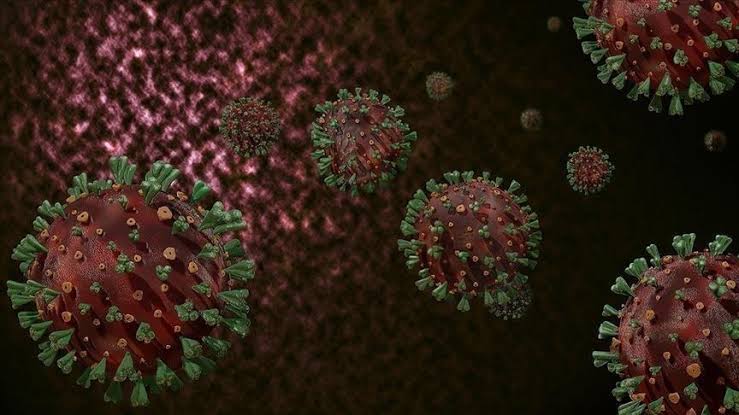A newly detected COVID-19 variant, known as NB.1.8.1, has been identified in both the United States and Australia, raising concerns about a potential surge in cases this summer.
The Centers for Disease Control and Prevention has confirmed fewer than 20 cases of NB.1.8.1 in the U.S. so far. Despite the low numbers, infectious disease experts warn of a likely uptick in infections. “COVID may not have completely settled into a predictable yearly pattern yet, but it certainly has spiked the past four summers, and we anticipate that this will happen again this summer,” said Dr. William Schaffner, a professor at Vanderbilt University Medical Center.
The World Health Organization recently designated NB.1.8.1 as a “variant under monitoring” due to its growing global spread and distinctive genetic makeup. More than five years since the pandemic began, new waves of infection continue to emerge.
Tracking the virus has become more challenging as testing and reporting rates have declined. Nonetheless, data suggests that case numbers in Australia have been rising in recent weeks. Genomic sequencing has confirmed that NB.1.8.1 is present in Australia, accounting for less than 10% of sequenced cases in South Australia but over 40% in Victoria.
Origins and Characteristics
According to the WHO, NB.1.8.1 was first identified in samples collected in January 2025. It is a sub-lineage of Omicron, descending from the recombinant XDV lineage, where the genetic mixing of existing variants leads to new strains.
NB.1.8.1 carries several mutations in the spike protein, including T22N, F59S, G184S, A435S, V445H, and T478I. Early research, though not yet peer-reviewed, suggests that these mutations may enhance the variant’s ability to infect human cells, as it shows the strongest binding affinity to the ACE2 receptor among tested variants.
Symptoms and Vaccine Protection
Symptoms associated with NB.1.8.1 appear to be similar to those of other Omicron sub-lineages, including sore throat, fatigue, fever, mild cough, muscle aches, nasal congestion, and, in some cases, gastrointestinal issues. While NB.1.8.1 may spread more readily and partially evade immunity from prior infection or vaccination, the WHO has found no evidence that it causes more severe disease.
Public health responses in both the U.S. and Australia remain focused on close monitoring, genomic sequencing, and promoting updated COVID-19 boosters to mitigate potential impacts. Current vaccines are expected to remain effective at preventing severe illness, even if neutralizing antibody levels against NB.1.8.1 are modestly reduced. The most recent booster targets the JN.1 variant, from which NB.1.8.1 is descended, and is expected to offer strong protection.

















